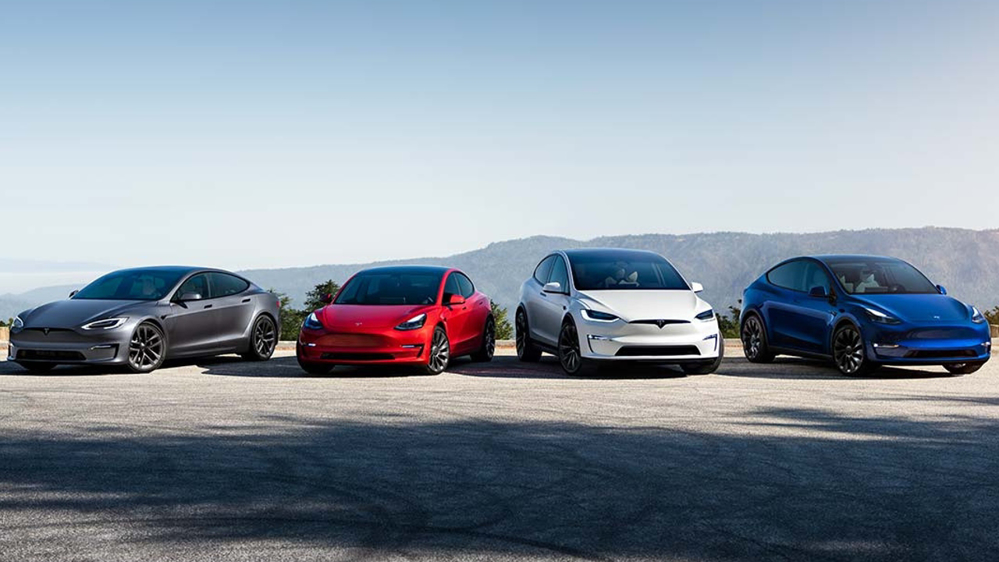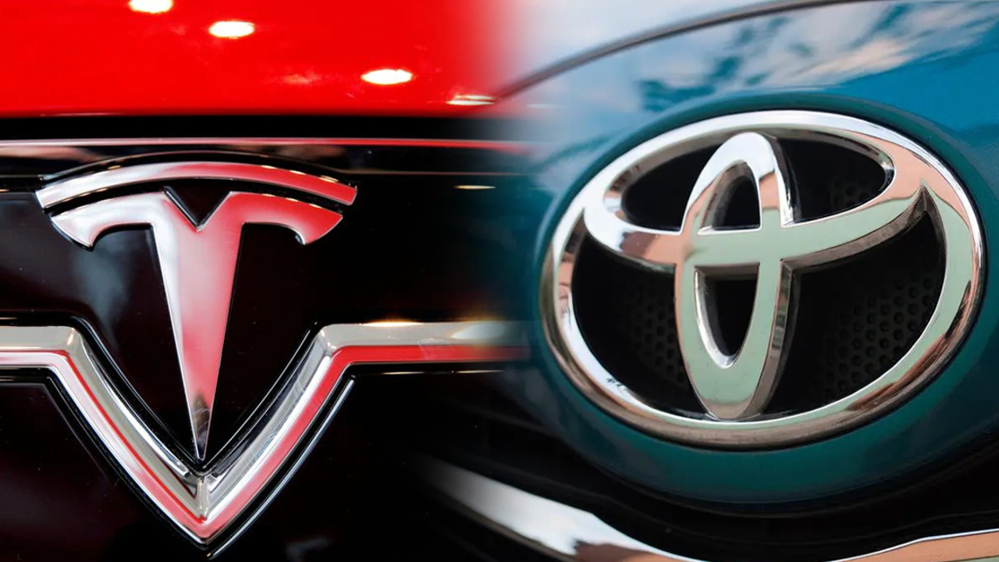Tesla Earns 8x More Than Toyota Despite Selling Much Fewer Vehicles: So How?
Under the management of Elon Musk, Tesla continues to take its place among the world's largest automakers. The company, which sells hundreds of thousands of electric vehicles annually, continued its success with its Model Y car being the best-selling vehicle in Europe in recent months.
Now, information has emerged about how the US company surpassed other giant companies. Accordingly, the auto giant earns eight times more than Toyota, which is at the top of the list of the world's largest automobile companies.
Tesla makes much more profit than Toyota despite selling fewer vehicles

Tesla has managed to achieve steady profit rates in the last two years. The company, which has been described as the most valuable automobile manufacturer for two years, stated that it earned over 3 billion dollars in the last quarter, and that its profitability doubled from the same period of the previous year. This success of the company enabled it to leave one of its biggest rivals, Toyota.
Tesla reported net earnings of $3.29 billion in the third quarter of this year, while Toyota reported a profit of $3.15 billion. Although these numbers seem close, we have to add that Toyota has sold millions more vehicles than Tesla. So selling more vehicles does not mean more profit. According to the analysis, Toyota Group sold 2.62 million vehicles last quarter, while Tesla sold 344,000 vehicles. While the Japan-based automotive giant made a profit of $ 1,200 per vehicle, Tesla made a profit of $ 9,570.
What is the reason for such a difference?

Let's talk about the reasons for the difference. As it is known, Toyota produces vehicles in different classes and at different prices, from gasoline vehicles to electric ones. Tesla, which currently comes out with 4 models, produces only electric cars. Model Y and Model 3 account for 90% of the US company's sales. Factors such as the spread of electric vehicles much faster than expected, innovative technologies offered by Tesla, sales volume, and not being afraid of raising prices due to the customer profile also enable the company to catch up with this difference.
For Toyota, the situation is different. A significant portion of customers are turning to vehicles with lower prices and lower profits. Problems such as material shortages also affect the company. Toyota's high sales volume, which must be sustained in order not to lose its market share, and its support to suppliers to counter the ever-increasing material and energy costs also cause it to settle for less profit.
Just like other automakers, Toyota has important goals for electric vehicles. The company plans to sell 3.5 million electric vehicles by 2030. However, the only electric vehicle of the Japanese company currently in mass production is the bZ4x. In other words, it is not yet a leading company in the field of electric vehicles. A Toyota executive also emphasized how urgent the situation is, saying that they should not be left behind on electric vehicles at the meeting held on November 1. In other words, it can be said that the company should increase its efforts in this regard.
